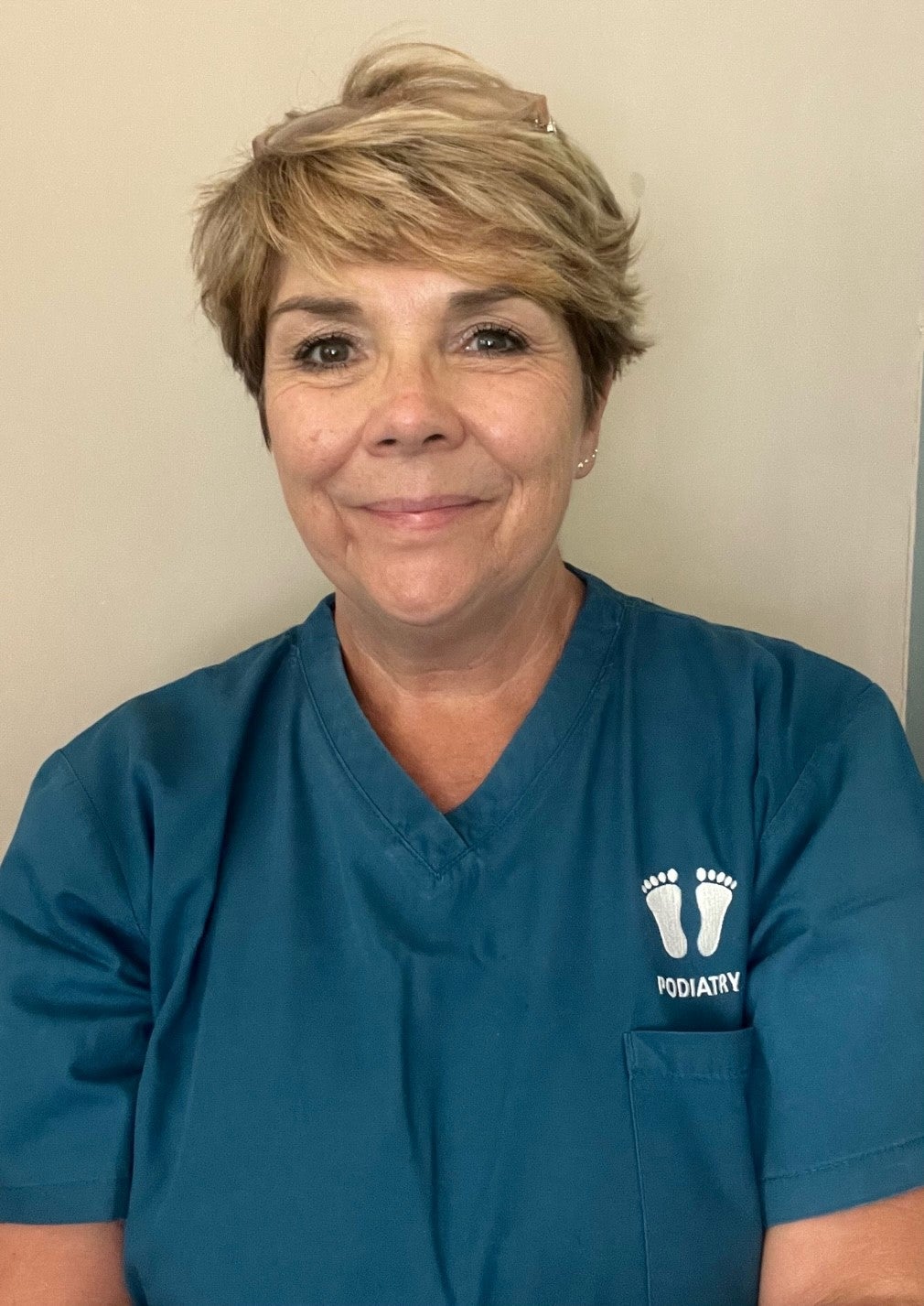Exciting, varied and rewarding: Why joining the NHS could be the career move for you

“It’s very interesting work, I wouldn't trade it for anything else,” says Modupe Hector-Goma, a specialist reporting sonographer at Leeds Teaching Hospitals NHS Trust. “To share the joy on the faces of women when things go well is a very special experience.”
Modupe, a radiographer who is a trained sonographer, is one of thousands of people across England who have chosen a rewarding job in the NHS.
The 55-year-old, who is married with three children, has worked at the same trust since she moved to the UK from Nigeria in 1999.
Her role involves using high frequency sound waves created by a machine to scan tissue, which show up as images on a scanner. It is mainly used for diagnostic purposes and guiding biopsies, but also for therapy.
“Treatment with soundwaves can increase blood flow to promote healing. It’s a field that’s developing all the time so we go through continuous development programmes,” she explains.
“My specific role is to use ultrasound to monitor the foetus during more difficult pregnancies, so for people who have a history of complications or have more than one child within the womb which increases the chance of complications.
“With these women we’re constantly monitoring them through their pregnancy to see the baby is in the right place and moving.” Sonographers can take measurements and check blood flow to the baby to monitor the pregnancy.
Modupe’s focus is mothers and babies, but there are a wide variety of roles – more than 350 – within the NHS to suit many interests and specialisms.
I wouldn’t trade it for anything else
Nothing beats the feeling of making a difference to someone’s life, while also developing skills and becoming an expert within a unique multi-disciplinary team.
No two days are the same when you’re working in the NHS. Depending on what type of role you choose to specialise in, you could spend your time helping people overcome mental health barriers, nursing newborns, supporting people with learning disabilities or saving lives in A&E.
As your career progresses, you could specialise in different areas, and you can undertake further post-graduate studies to gain a promotion. You could also move up into management, research or teaching.
But it is not just the sheer breadth of fulfilling jobs that makes the NHS an excellent place to work.
High job satisfaction, camaraderie among staff and excellent progression opportunities are also factors.
So too are the financial rewards. A competitive salary and one of the best pension schemes in the UK makes the NHS an appealing employer for many.
There are plenty of ways into the NHS, but two common ones are direct entry into healthcare support roles, which don’t require academic qualifications, and through degree-level training, like nursing.
Pauline Teague, 65, is a healthcare assistant in Gloucestershire. She has been working for the NHS for 37 years.
“After more than 35 years I still love the work,” she says. “It can range from working in triage in accident and emergency to looking after elderly people on the ward.
“I’ve been able to work in different hospitals in Gloucestershire and Oxfordshire and have now been based at a new facility at Moreton-in-Marsh where I chiefly work in minor injuries. A healthcare assistant is like being the right-hand woman to nurses on the ward.
“They wouldn't be able to do their job if we weren’t doing ours ... we act as their eyes and ears too. I’m often the first person to see the patient as they come to the hospital minor injury window.”
Since September 2020, student nurses, midwives and allied health professionals can claim for at least £5,000 per academic year and further funding of up to £3000 per year for some students. And you won’t have to pay a penny back.
New starting salaries and benefits include £28,407 for a newly qualified Nurse at band 5. You can also apply for up to £8,000 a year to help fund your studies.
Healthcare support workers can earn a starting salary of £22,383.
For some roles, there may be opportunities to earn additional payments for working on-call, overtime, or unsocial hours.
Your employer will also contribute the equivalent of an extra 20.6 per cent of your salary to help meet the costs of your pension benefits.

Debbie Sharman, 57, is a consultant podiatrist for diabetes at Dorset Healthcare University NHS Foundation Trust. She says: “I started off working as generalist in community clinics then I got a job doing more specialist work – removing nails under local anaesthetic and seeing patients at highest risk for having complications. It was really interesting and you felt as if you had the potential to make a real difference.
“I chose the NHS because there seemed to be more opportunities to specialise and there are. I’ve been very fortunate and have been able to progress my career.
“I was also attracted to the NHS because of the job security and wages and the pension is valuable. Plus there are the benefits of being employed rather than self-employed – sick pay, pension, quite generous holiday allowances, opportunities for more flexible working, maternity pay. And there’s support and training.”
Visit the NHS Careers website to find out more. visit healthcareers.nhs.uk